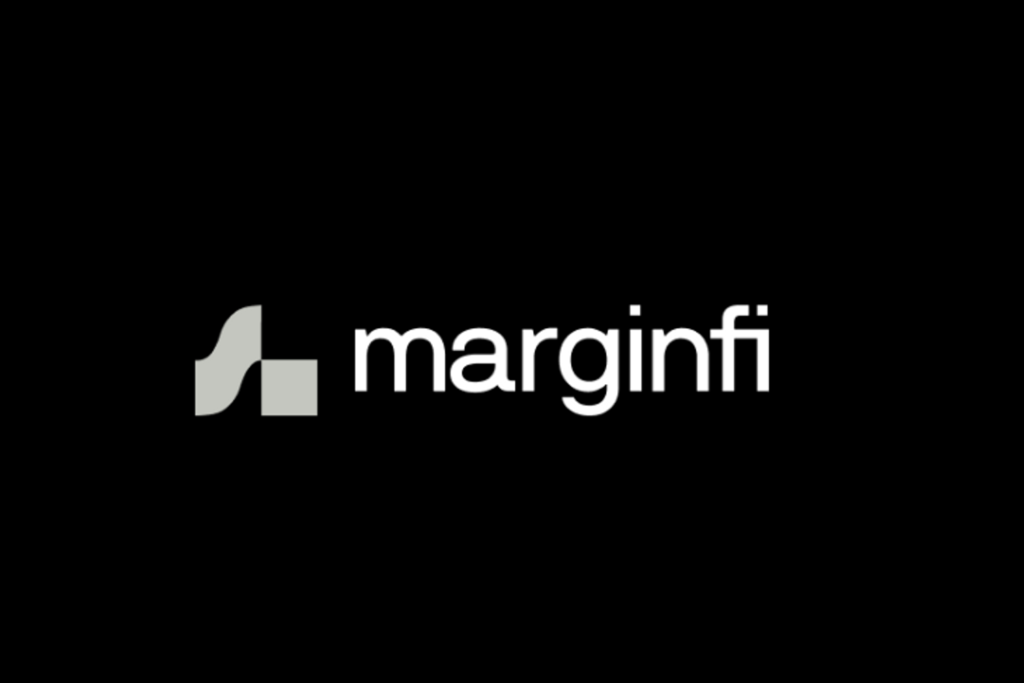In the fast-paced world of decentralized finance (DeFi), volatility isn’t just confined to the markets. Recently, MarginFi, a prominent player in the DeFi space, found itself amidst internal strife as its CEO tendered resignation amidst a backdrop of internal conflict and substantial withdrawals. The incident sheds light on the challenges inherent in the DeFi ecosystem and underscores the importance of governance and transparency in decentralized platforms.
The Resignation: MarginFi, a leading DeFi protocol built on the Solana blockchain, witnessed its CEO stepping down, sending shockwaves through the crypto community. The resignation comes at a crucial juncture for the platform, which has been grappling with internal tensions and mounting concerns over its future trajectory.
Internal Conflict: Sources close to the matter suggest that internal conflict had been brewing within MarginFi for some time, stemming from disagreements over strategic direction and governance issues. These tensions reportedly escalated in recent weeks, ultimately culminating in the CEO’s decision to step down. While specific details regarding the nature of the conflict remain undisclosed, its repercussions are palpable, casting a shadow over the platform’s stability and reputation.

Significant Withdrawals: Compounding MarginFi’s woes are reports of significant withdrawals from the platform by users and investors. The withdrawals, purportedly triggered by the escalating internal discord and uncertainty surrounding the CEO’s departure, have led to heightened concerns about the platform’s liquidity and long-term viability. The exodus of funds underscores the pivotal role of trust and confidence in DeFi ecosystems, where users rely on transparency and reliability to safeguard their assets.
Implications for DeFi: MarginFi’s tumultuous saga serves as a stark reminder of the challenges facing DeFi protocols, particularly concerning governance, transparency, and community consensus. While decentralized platforms offer unparalleled opportunities for financial innovation and inclusivity, they are not immune to the complexities of human dynamics and organizational governance. As such, the incident underscores the need for robust governance mechanisms and transparent communication channels to navigate internal disputes and maintain stakeholder confidence.
Looking Ahead: As MarginFi endeavors to weather the storm and chart a path forward, the incident underscores the importance of introspection and reform within the DeFi space. Whether MarginFi can regain its footing and restore investor confidence remains to be seen. Nevertheless, the episode serves as a sobering reminder of the inherent risks and challenges associated with decentralized finance, urging stakeholders to prioritize governance, accountability, and community engagement in their pursuit of a more resilient and sustainable financial ecosystem.
Conclusion: The resignation of MarginFi’s CEO amidst internal conflict and significant withdrawals highlights the fragility of DeFi platforms and the pressing need for robust governance and transparency. As the DeFi landscape continues to evolve, stakeholders must heed the lessons from MarginFi’s tumultuous saga and work towards fostering a culture of trust, collaboration, and accountability. Only through collective effort and steadfast commitment to core principles can the promise of decentralized finance be fully realized.

